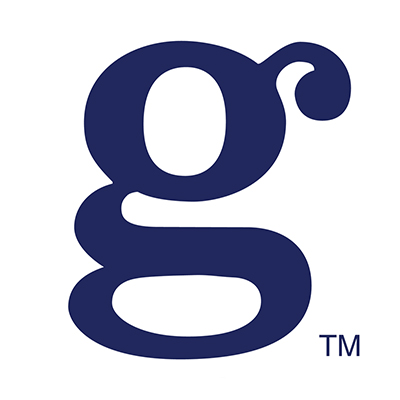Unexpected factors that affect your chances of getting hired

We put together a list of seemingly trivial details that can affect your chances of getting the job of your dream — and only some are within your control.
- The time of your interview
According to Glassdoor, 10:30 a.m. on a Tuesday is the best time for you to schedule an interview. People are shown to be most productive on Tuesdays and won’t feel rushed by the time they meet you. It’s also late enough in the day that your interviewer has had time to check their email, have a cup of coffee, and get ready for the day.
You definitely don’t want to be someone’s last meeting of the workday or pre-lunch, because there’s a good chance the interviewer has his or her mind somewhere else, i.e. happy hour plans, unfinished work etc.
- Have an interview on the same day as your competition
This might be tricky. As it may be difficult to know when your competition has an interview scheduled, but if you happen to know, schedule your interview on a different day. Past research suggests that there might be a bias against people who happen to show up on days with strong applicants, but this comparing only lasts for a day. Therefore, when you arrange an interview, try and find out when the competition is coming in!
- The time you arrive
You may think punctuality is a merit — but you could be hurting your chances if you arrive too early. It can make you look way too eager for the job or put pressure on the interview. If you arrive early, go take a walk nearby and relax for a bit.
- How you treat the receptionist
Employers want to know how you interact with others regularly, so a common tactic is to ask the receptionist about you later.
So be friendly to everyone you meet in the office!
- Your attention span and eye contact
People notice when you’re peeking at your watch or phone, and you certainly don’t want to convey that you’re not engaged in the conversation and have somewhere else better to be. You should always begin your response by making eye contact with the person who asked you the question. Then make random and soft eye contact with each of the other interviewers.





